April 4, 2006
You are rich, young, handsome and well-disposed to your fellow-creatures. The world is full of sights to see, of places to explore. You are in your comfortable yacht, the skies are smiling at you, the ocean beckons, promising new discoveries. Indeed, you see land on the horizon, where your map tells you there should be just clear ocean for miles and miles. Intrigued, you decide to explore.
The natives are already at the shore to welcome you. All are well-mannered, all lay some tropical fruit at your feet as a sign of good-will. The chief of the tribe hugs and kisses you, the head priest offers his blessing. Well-satisfied with the friendly intentions of the locals, you decide to stay for a while and study their customs. As you observe them, you are surprised at how little they know about lands beyond their little island. You notice that their boats never leave the sight of their homes. You realize that they never saw a foreigner before, and it comes as a real shock to you to learn that they think you came from the Moon. You explain to them that they got your nationality wrong, that you are in fact a fellow-inhabitant of their own planet. That just can’t be, they tell you. It is a well-known fact that the Earth ends five miles from the island, and if you are to cross that line, you will just fall over the edge, and will be lost. This was revealed a thousand years ago by the greatest prophet who ever graced the Earth; he learned this directly from God. This great truth is recited ten times a day, and has been set to music in numerous hymns. The chief temple, a venerable structure built some nine hundred years ago, is shaped like a disk, to reflect the true form of the Earth. Beautiful inscriptions on the temple’s walls record for eternity the words of the Prophet; chanting them never stops. Well, you are obviously faced with a dilemma. What should you do? Should you, in accordance with the commandments of political correctness, in whose temple you were brought up, respect their religious feelings and let them proceed with their worship? Or should you correct their obvious error, even though it will cause them pain as you – of necessity – insult their deeply held beliefs and deal a death blow to the thousand-year-old culture? The reader may interrupt me here to tell me that this is simply a wrong allegory. Religious beliefs can’t be proven true or false as if they were a mere fact of physical reality. Attacks on one’s religion result in personal insult to the believer; they cannot prove his religion wrong but can only enrage him. Mohammed cartoons did not, and could not prove Islam wrong – they just inflamed the Moslems. If applied specifically to the case of the cartoons, this is quite true; but cartoons, of course, did not have an aim of somehow disproving Islam; they were simply a test of the freedom of speech. But the overall theses that a religion has no rational of factual basis to it, and therefore can’t be rationally scrutinized, criticized and, in fact, de-legitimized, is patiently false. Because all religions are based on some historical fact, or rather, some alleged historical fact. Three major western religions – Judaism, Christianity and Islam – are all based on divine revelations to specific individuals. And how are we to know that these revelations actually occurred? Well, here a major fact of reality, a fact that is just as tangible and real as the spherical shape of the Earth comes into play – the problem of the third party. And it is unequivocal – we can’t possibly know. Period. As far as we are concerned – and there is no other way for us to approach this than from an “as far as we are concerned” point of view – all prophets are merely alleged prophets; all prophets are only “may be or may be not prophets.” Which fact, applied to the Mohammed cartoons brouhaha, completely re-defines it. All this sound and fury – not to mention murder – were in reality not about cartoons of the Prophet Mohammed, but cartoons of “may be or may be not prophet” Mohammed. Because uncertainty of Mohammed’s – just as any other person’s – prophethood is as real as the fact that the Earth is a globe, there is simply nothing here to be insulted with; the whole scene of outrage was just much ado about nothing. And so the dilemma of our traveler is present even in world’s reaction to Mohammed cartoons – the dilemma of whether to embrace the reality even if it entails destruction of a “culture,” or whether to let the “culture” thrive at the price of ignoring the reality.

